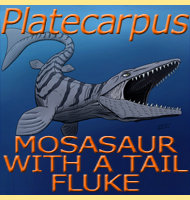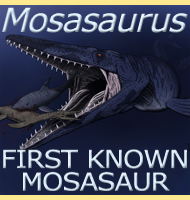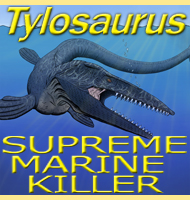


Phosphorosaurus

Name:
Phosphorosaurus
(Phosphate lizard).
Phonetic: Foss-for-ro-sor-us.
Named By: Louis dollo - 1889.
Classification: Chordata, reptilia, Sauropsida,
Squamata, Mosasauridae, Halisaurinae.
Species: P. ortliebi (type).
P. ponpetelegans.
Diet: Carnivore/Piscivore.
Size: Holotype skull estimated to be about 42
centimetres long. Skull of ponpetelegans about 50 centimetres
long. Total body length roughly estimated about 3 meters long
withy probable variance between species.
Known locations: Belgium - Craie de Ciply
Formation. Japan - Hakobuchi Formation.
Time period: Maastrichtian of the Cretaceous.
Fossil representation: Partial remains, mostly of
skulls.
Phosphorosaurus
is a genus of halisaurine mosasaur
known to have lived during the
latest stage of the Cretaceous. Halisaurine mosasaurs like
Phosphorosaurus were the smaller end of the scale in
terms of size,
but would have been fast and nimble predators of other creatures such
as fish and perhaps cephalopods such as squid.
For
over the first hundred years that the genus was known, fossils of a
single species, P. ortliebi were known from
Europe. In 2015
however, a second species, P. ponpetelegans,
was named from
the Hakobuchi Formation of Hokkaido Japan.
Further reading
- A new halisaurine mosasaur (Squamata: Halisaurinae) from
Japan: the first record in the western Pacific realm and the first
documented insights into binocular vision in mosasaurs. - Journal
of Systematic Palaeontology. 14 (10): 809–839. - Takyuka
Konishi, Michael W. Caldwell, Tomohiro Nishimura, Kazuhiko
Sakurai & Kyo Tanoue - 2015.
----------------------------------------------------------------------------
Random favourites
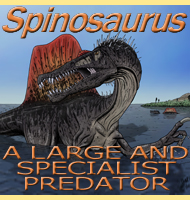 |
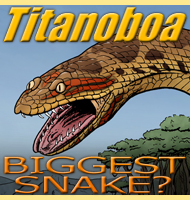 |
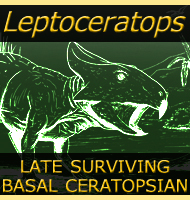 |
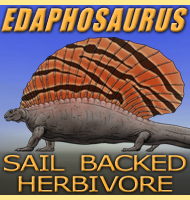 |
